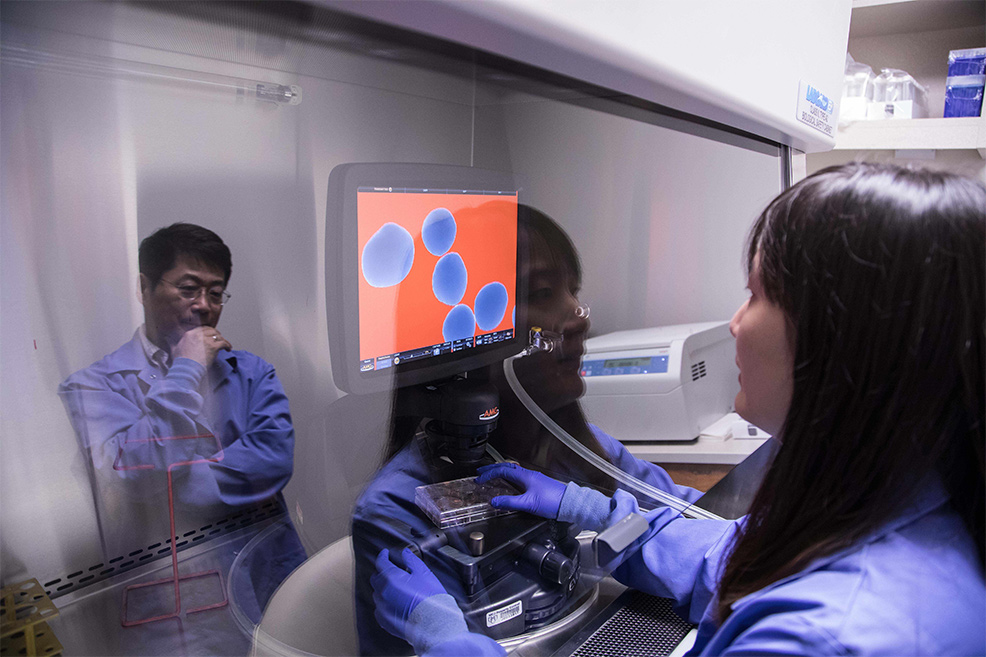
12th January 2018 Accelerating the production of stem cells through automation: "A giant leap in regenerative medicine" The U.S. Food and Drug Administration (FDA) has agreed to allow the Mayo Clinic to use an automated bioreactor-based stem cell production platform on its campus in Jacksonville, Florida. This enables the Mayo Clinic Center for Regenerative Medicine to produce cells from the bone marrow of a stem cell donor in quantities large enough to make several doses that can be used as treatments in clinical trials.
The automated stem cell production platform is capable of producing billions of stem cells in short periods of time. It took more than four years to develop with continual oversight and evaluation by the FDA. This advancement will increase the production of clinical-grade stem cells to the Florida campus, establishing it among the first automated stem cell manufacturing sites nationwide. Stem cells that come from bone marrow have been shown to have many applications – including immune system modulation, reduction of inflammation, and the promotion of healing in bones, the heart and brain. “The new platform represents a giant leap in regenerative medicine, in which stem cells currently are being investigated as treatments for wide-ranging medical conditions,” says Guojun Bu, Ph.D., a neurologist, who is associate director of the Mayo Clinic Center for Regenerative Medicine. Stem cell production has long been a labour-intensive process, in which researchers cultivate hundreds of tissue-culture flasks over the course of months to produce enough cells for a few patients. However, the cells are needed on a large scale, such as for a recent Mayo Clinic clinical study that found infusions of stem cells to be safe for patients who have undergone lung transplants. Established with funding from the Mayo Clinic Center for Regenerative Medicine, the new automated platform can generate several billion bone marrow-derived mesenchymal (adult) stem cells in a matter of days. In particular, it will support production of stem cells obtained from a healthy donor (versus stem cells taken from, and returned to, the same patient). “This may make treatments possible in cases where the patient’s own cells are not viable as therapy,” says Abba Zubair, Ph.D., medical director of Transfusion Medicine and the Human Cell Therapy Laboratory on the Florida campus. “In addition, because the cells can be produced in days instead of months, it may also make treatments available on short notice when they’re needed for acute care.” Significantly, the capability to produce large quantities of cells will facilitate the next stages of clinical studies, Dr. Zubair says: “Although Mayo Clinic has been poised to scale up regenerative clinical trials, to date we did not have the capacity to support them. With this new technology, we now can develop phase II trials enrolling larger numbers of patients to fully test the efficacy of cell-based therapies.”
Comments »
If you enjoyed this article, please consider sharing it:
|







